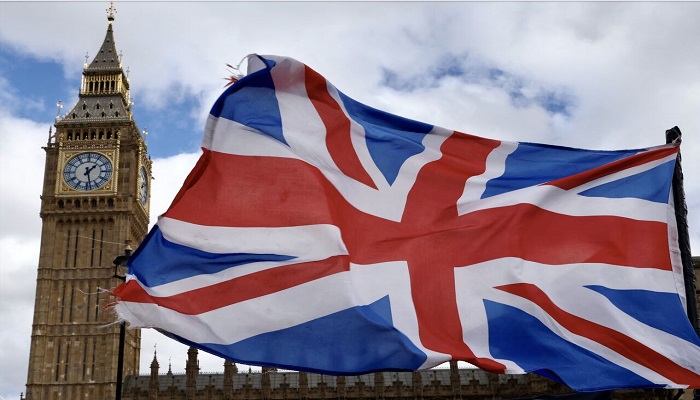PNN – The shocking results of the UK local elections and the defeat of the ruling Labour Party in the first electoral test of the Keir Starmer government, along with the rise of the right-wing Reform Party led by Nigel Farage, show that the political honeymoon of the Starmer government has ended much sooner than expected and that the country’s political atmosphere is on the verge of serious changes.
According to the report of Pakistan News Network, the “English Reform” party, which has only been officially established for a few years, managed to take the “Runcorn and Holsby” constituency in northwest England from the Labor Party by a margin of only six votes in the parliamentary by-elections; a seat that Labor had held in the general election less than a year ago by a margin of more than 14,000 votes.
This symbolic victory, which Farage called a “big moment” in British politics, along with the party’s victory in the Greater Lincolnshire mayoral election and its overwhelming majority in Staffordshire County Council, has elevated the Reform Party’s political position from a fringe force to a worrying player for traditional parties.
A disaster for the Starmer government; a shock for the Conservatives
The election, held yesterday and the results announced today, was the first electoral test for the Starmer government since winning last year’s general election. But rather than consolidating Labour’s position, it showed signs of public support for the government eroding in less than a year. The defeat in a constituency that was considered a Labour stronghold, in addition to strong domestic criticism of Keir Starmer’s leadership, has heightened concerns about the party’s ability to retain traditional votes in the north of England.
Read more:
Britain warns of Israel’s continued flagrant violations of international law
In contrast, the Conservative Party, which has been plagued by internal crises, leadership changes and ideological conflicts since its defeat in last year’s election, performed poorly in this election as well, managing to maintain its position only in some marginal areas. Analysts believe that the Conservatives are still suffering from the consequences of their eroding 14 years of rule and the prospects for rebuilding the party are more uncertain than ever.
Despite its populist tone and harsh rhetoric, such as anti-immigration, anti-tax, and anti-establishment sentiment, the Reform Party is now gaining ground in traditionally Labour-led areas. The victory in Runcorn, a seat long held by Labour, is seen by pundits as a sign that Farage is targeting not just the right-wing but also the disaffected working class.
Protest vote or real change?
Some analysts believe that the recent election result reflects more of a protest vote than a structural shift towards the Islah party. But these same protest votes, if repeated at the national level, could change the map of British politics. Especially since Farage, unlike in the past, is now seeking executive power and a role in the next government. In his victory speech, he said: If you vote Conservative, you are in effect voting Labour. Reform is the only real alternative to this vicious cycle.
At the same time, there have also been reports of Labour’s vote shifting towards the Green Party, indicating dissatisfaction among the progressive section of the electorate with the Starmer government’s “conservative” policies in areas such as welfare, immigration, and social spending.
An early end to the Labor government’s honeymoon?
The defeat in Runcorn was by just six votes, but it has been interpreted in the political arena as an earthquake that could change the balance of power for years to come. Signs of strategic weakness, the Prime Minister’s absence in key areas, and an over-focus on playing “political centralism” have even the government’s supporters worried that Starmer is entering a phase of erosion too soon.
On the other hand, the Reform Party is exploiting the strategic vacuum in the camp of the two traditional parties with simple but resonant promises, such as the end of “weak Britain”, the “return of authority” and the “deportation of illegal immigrants”. However, it seems that this party still does not have a coherent and reliable program for governing the country and is simply feeding on the wave of public discontent.

